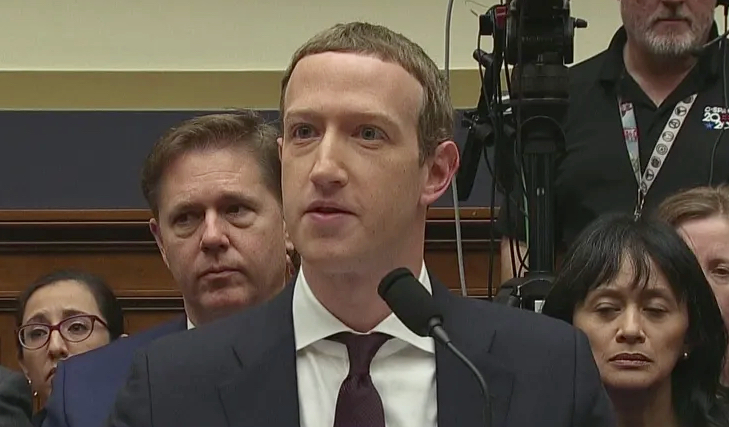Every year thousands of petitioners ask the US Supreme Court to review their cases. Of necessity, the Court denies the vast majority of these requests, and ordinarily it does so without comment. Yesterday, however, when the Court declined to hear the case of a prison inmate in North Carolina who claims his religous rights have been violated, Justice Alito took the unusual step of appending a dissent. The case is Ben-Levi v. Brown. Eugene Volokh explains the background at the Washington Post:
Levi is serving a life sentence for a 1980 rape; at some point, he changed his name to Israel Ben-Levi, and either converted to Judaism or rediscovered Judaism; he now wants to engage in group Torah study with two other inmates. North Carolina prisons generally allow group religious study; but for Jews they require either the presence of a rabbi or a minyan — 10 adult Jews. The minyan requirement stems from the prison system’s understanding of Jewish law.
In his dissent, Alito disputes the legitimacy of the minyan requirement:
In essence, [the warden’s] argument—which was accepted by the courts below—is that Ben-Levi’s religious exercise was not burdened because he misunderstands his own religion. If Ben-Levi truly understood Judaism, [the warden] implies, he would recognize that his proposed study group was not consistent with Jewish practice and that respondent’s refusal to authorize the group “was in line with the tenets of that faith.” …
Many prisoners, Ben-Levi included, consider it important to congregate with other practitioners of their faith for prayer and discussion. Preventing them from doing so burdens their religious exercise, even if they are allowed to study and pray alone in a cell. Ben-Levi has presented ample evidence that group study, even absent a minyan, is important to his faith. The courts below thus erred in holding that his religious exercise was not substantially burdened as a matter of law. …
Contrary to the conclusions of the courts below, respondent has not demonstrated that the burden on Ben-Levi’s religious exercise was reasonably related to legitimate penological interests. Respondent contends that several government interests justify NCDPS’s policy, including (1) maintaining order, security, and safety; (2) balancing inmate relationships; and (3) conserving personnel resources. I do not question the importance of these interests. But respondent’s invocation of these interests is insufficient to justify NCDPS’s policy toward Jewish inmates. The problem with these asserted justifications is that they seem to apply equally to inmates of other religions, who were nevertheless allowed to meet in groups of fewer than 10 without an outside leader. …
Nor is there any indication that a Jewish study group is more likely than a Christian or Muslim group to impede order, compromise inmate relationships, or absorb personnel re- sources. The State has no apparent reason for discriminating against Jewish inmates in this way. The District Court erred in holding otherwise, and the Fourth Circuit erred in affirming. I would thus grant certiorari, summarily reverse the judgment below, and remand for further proceedings.
[footnote references and citations removed]


